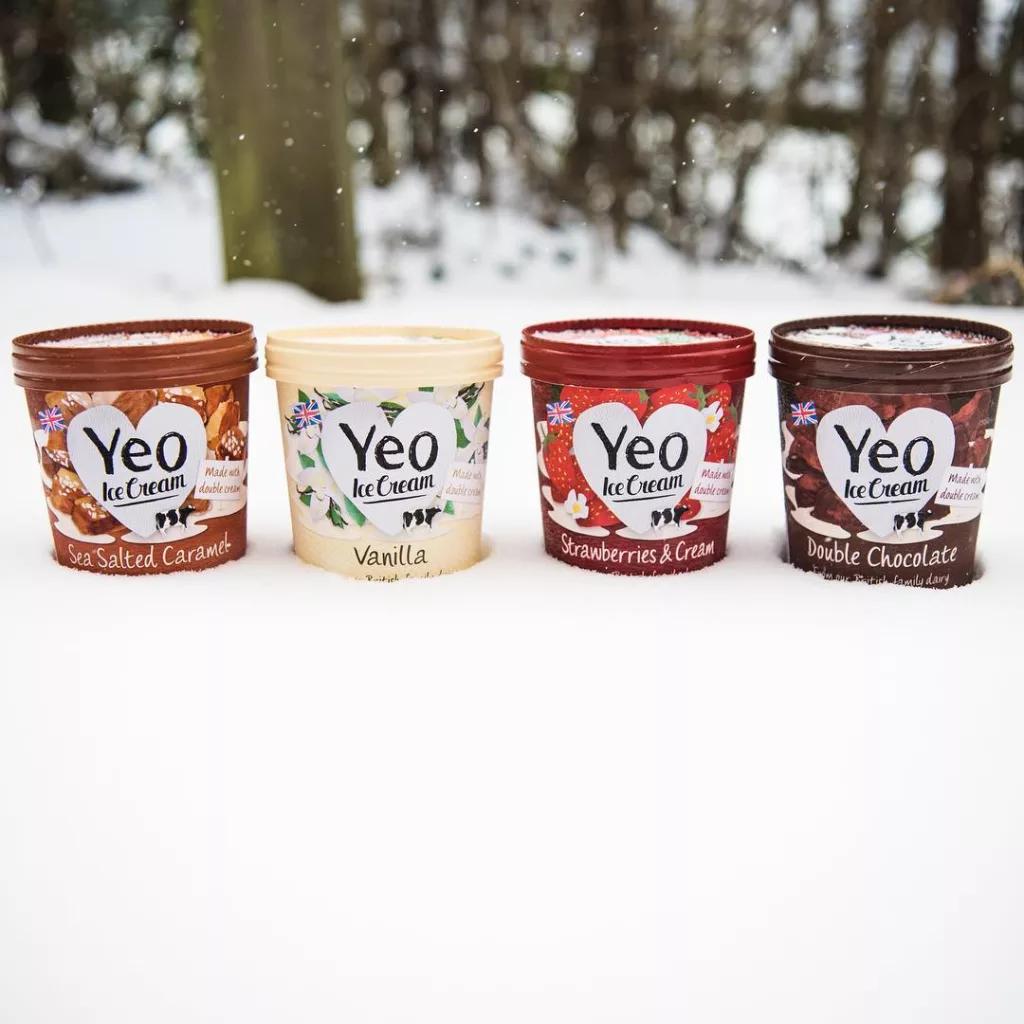Dairy Manufacturer Closes on £300M Turnover

Dairy Manufacturer Closes on £300M Turnover : Yeo Valley Group, a dairy foods giant, has driven turnover close to £300 million, but its profits were impacted by rising costs in raw materials. For the year to 27 May 2018, the company’s turnover grew to £294.6 million, up from £282 million in the year prior. “Whilst the reported net profit for Yeo Valley Group Limited for 2017/18 remains broadly in line with the prior year, the year was impacted by increasingly expensive raw materials and packaging costs, as noted in the second half of 2016/17, resulting in a decline in the overall profitability of the business. This impact has been offset by the gain on revaluation of properties, undertaken during the year,” said a statement that accompanied the results. After the company revalued its properties, profit before tax increased by £900,000, resulting in an uplift of £8.6 million. However, the profit before tax was short of the 5% target set by the board, while operating profit at the company, which produces a range of yogurts, butters, cheeses and other fruit and dairy products, dropped from £10.8 million to £9.9 million. The rising UK milk price was one of the reasons of the drop in operating profit and even though the price eased towards the end of the year, the weak pound affected the cost of fruit and packaging. Following the end of the year, the company sold subsidiary Yeo Valley Dairies to Arla Foods. “The year has seen the continuation of two significant impacts on our costs of production. The UK milk price continued to experience steady increases, which only temporarily eased towards the end of the financial year. “While these increases are welcome in the longer term, to ensure that we have a viable UK dairy farming sector, such persistent increases will impact on the profitability of Yeo Valley. In addition, the continued relatively weak position of Pound Sterling due to the uncertainty regarding Brexit arrangements has led to significantly increased fruit and packaging costs. “The impact of these factors began to take effect in the second half of 2016/17 and continued to impact Yeo Valley in 2017/18. lt is likely that there will be further volatility and uncertainty regarding input costs into 2018/19. “Despite these challenges, once again, the Yeo Valley brand delivered a credible performance in a highly competitive market, securing position 53 in the top 100 grocery brands — nearly achieving one of our short-term goals of being in the UK’s top 50 favourite grocery brands. “The directors are fully focused on mitigating as much of the impact of these external challenges as possible and have set out a five-year business plan through to 2023. We are well placed to manage this volatility and cost inflation whilst continuing to strengthen our business,” said the statement. Manufacturing & Engineering Magazine | The Home of Manufacturing Industry News


